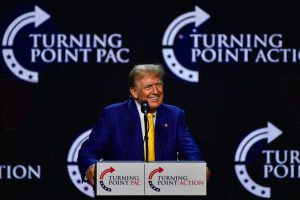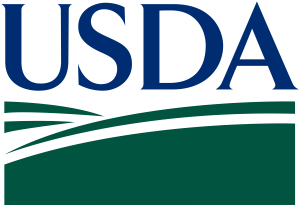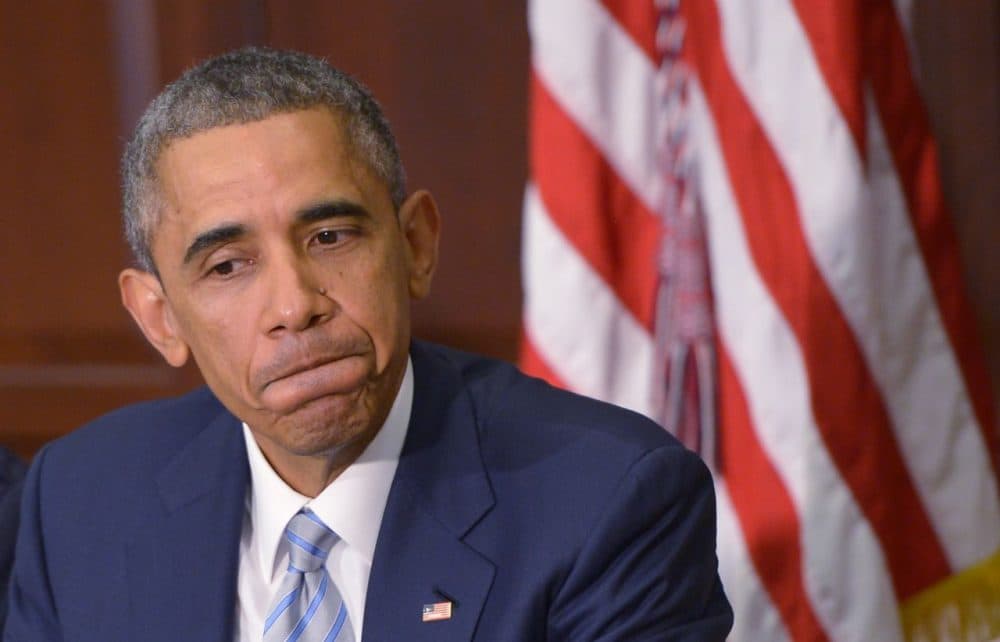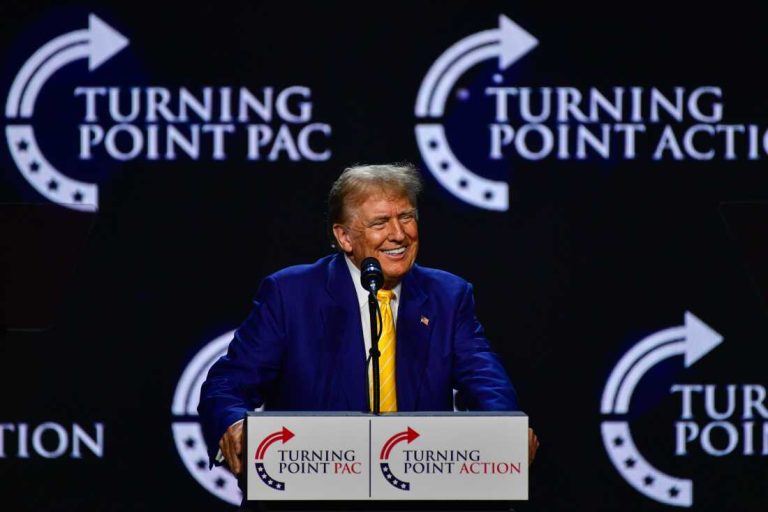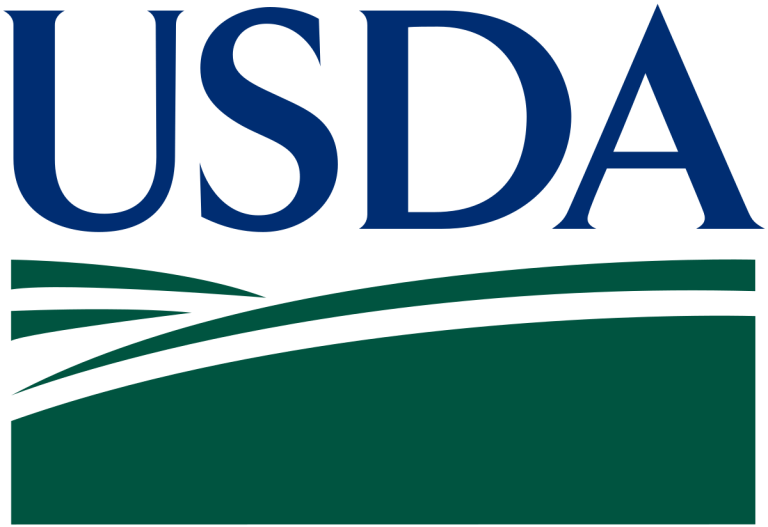A high-profile court ruling in Florida this month has drawn national attention, exposing a wide-reaching fraud scheme that exploited programs meant to help the nation’s most vulnerable citizens. While many across the country may have been unaware of the scale of the case unfolding in a South Florida courtroom, its implications are now reverberating through the tech world, government oversight bodies, and public trust in federally funded support systems.
The federal court, after an extensive investigation and guilty pleas, handed down a significant sentence to the head of a telecommunications company accused of defrauding two major government programs — one designed to provide basic phone services to low-income individuals, and another offering emergency loans during the COVID-19 pandemic. The defendant was ordered to serve five years in federal prison and pay restitution and penalties that total more than $128 million.
The Department of Justice confirmed that the fraud had spanned nearly a decade, targeting the Lifeline program, a federal subsidy originally created in 1985 to ensure that low-income Americans have access to affordable communication services. Over the years, the program has become colloquially known as the “Obama phone” initiative, though its origins predate President Obama and its expansion under his administration made it more widely available. While the term stuck due to political rhetoric, the program’s intent remained focused on providing basic connectivity to those in economic distress.
This particular case involved manipulation of the Lifeline program on a staggering scale. The telecommunications provider systematically submitted false subscriber data to the Federal Communications Commission (FCC), inflating the number of eligible customers and continuing to charge the government for service lines that were inactive or ineligible. The fraudulent activity allowed the company to siphon tens of millions of dollars in taxpayer money, money that was intended to support struggling households with essential mobile and internet access.
In addition to defrauding the FCC, the case revealed another layer of deception — the misuse of pandemic-era federal loans. The defendant obtained funds from the Paycheck Protection Program (PPP), a lifeline for small businesses during the early days of the COVID-19 pandemic. Instead of using the funds for legitimate business needs, the money was diverted for personal luxuries and non-qualified expenses, including home construction, luxury vehicle payments, jewelry, property taxes, personal credit card debt, and charitable donations made in his name.
The scale of the deception left a trail of financial wreckage that affected not only taxpayers, but the credibility of the government programs designed to help them. According to investigators, internal audits and whistleblower reports raised red flags, prompting the FCC’s Office of Inspector General, the IRS Criminal Investigations Unit, and the Department of Justice to coordinate efforts. The scheme was described by enforcement officials as “brazen” and “staggering in proportion,” with prosecutors emphasizing the deliberate nature of the fraud and the elaborate effort made to conceal it.
Only midway through the sentencing announcement did the public learn that the man behind the crimes was Issa Asad, a 51-year-old Florida businessman and the CEO of Q Link Wireless LLC, a company that had positioned itself as a national provider of subsidized telecom services. Asad pleaded guilty in 2024 to wire fraud and money laundering. His company also entered a guilty plea, acknowledging years of fraudulent conduct and agreeing to pay nearly $110 million in restitution to the FCC.
https://twitter.com/gmatweet64/status/1949526706038989272
In a separate plea agreement, Asad was also ordered to repay approximately $1.7 million to the Small Business Administration (SBA) for misuse of PPP funds. He paid an additional $17.5 million as a criminal forfeiture — profits derived from the fraudulent phone service plan. Federal officials called this one of the largest criminal resolutions ever obtained involving FCC funds, and one of the most significant corporate fraud cases in the Southern District of Florida’s recent history.
U.S. Attorney Hayden P. O’Byrne did not mince words, stating:
“Issa Asad and his company, Q Link Wireless, deliberately scammed two vital government programs aimed at supporting people and companies in economic distress, wrongfully diverting hundreds of millions of dollars for their personal benefit and gain.”
The FCC’s Inspector General Fara Damelin echoed the sentiment, saying the case sends a strong message that criminal misconduct involving public programs will be aggressively pursued.
“Q Link and Asad stole funds from a key FCC program meant to serve low-income households. This sentencing sends an important message that egregious misconduct will not go unanswered.”
Q Link Wireless, prior to its downfall, was among the larger participants in the Lifeline program, serving millions of users nationwide. Investigators now say that many of those reported users were either ghost accounts, ineligible clients, or recycled lines used to inflate government reimbursements.
The case is a sobering reminder of how oversight gaps and inadequate verification systems can be exploited by bad actors, even within programs designed to provide critical support. While restitution is being made and justice has been served, officials acknowledge the deeper harm caused: erosion of trust in essential public services and lost assistance for families that truly needed it.
As the dust settles, the legacy of this case may lie not only in the hefty fines or prison sentence but in the wake-up call it delivers to government agencies and corporations alike.

Emily Johnson is a critically acclaimed essayist and novelist known for her thought-provoking works centered on feminism, women’s rights, and modern relationships. Born and raised in Portland, Oregon, Emily grew up with a deep love of books, often spending her afternoons at her local library. She went on to study literature and gender studies at UCLA, where she became deeply involved in activism and began publishing essays in campus journals. Her debut essay collection, Voices Unbound, struck a chord with readers nationwide for its fearless exploration of gender dynamics, identity, and the challenges faced by women in contemporary society. Emily later transitioned into fiction, writing novels that balance compelling storytelling with social commentary. Her protagonists are often strong, multidimensional women navigating love, ambition, and the struggles of everyday life, making her a favorite among readers who crave authentic, relatable narratives. Critics praise her ability to merge personal intimacy with universal themes. Off the page, Emily is an advocate for women in publishing, leading workshops that encourage young female writers to embrace their voices. She lives in Seattle with her partner and two rescue cats, where she continues to write, teach, and inspire a new generation of storytellers.

